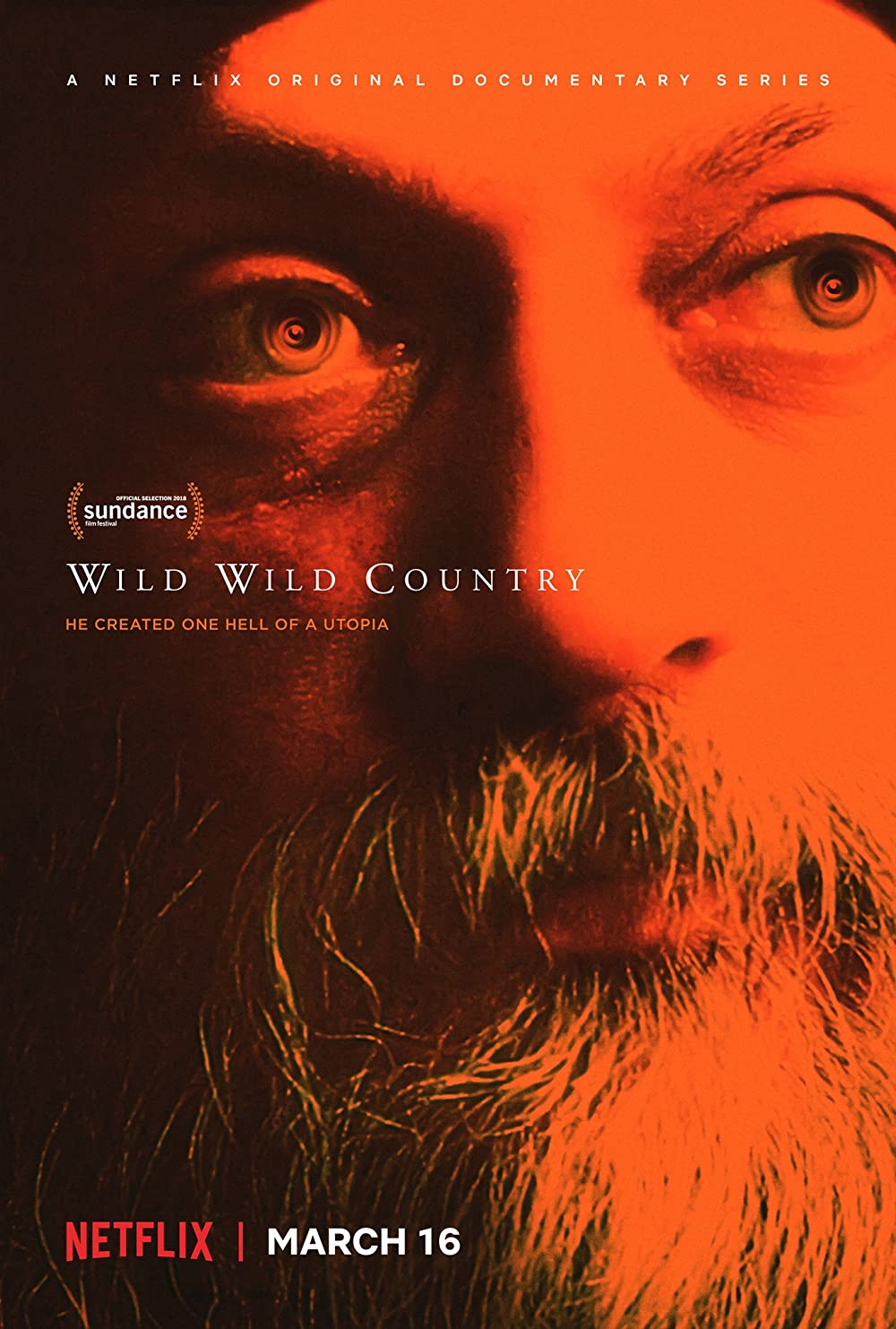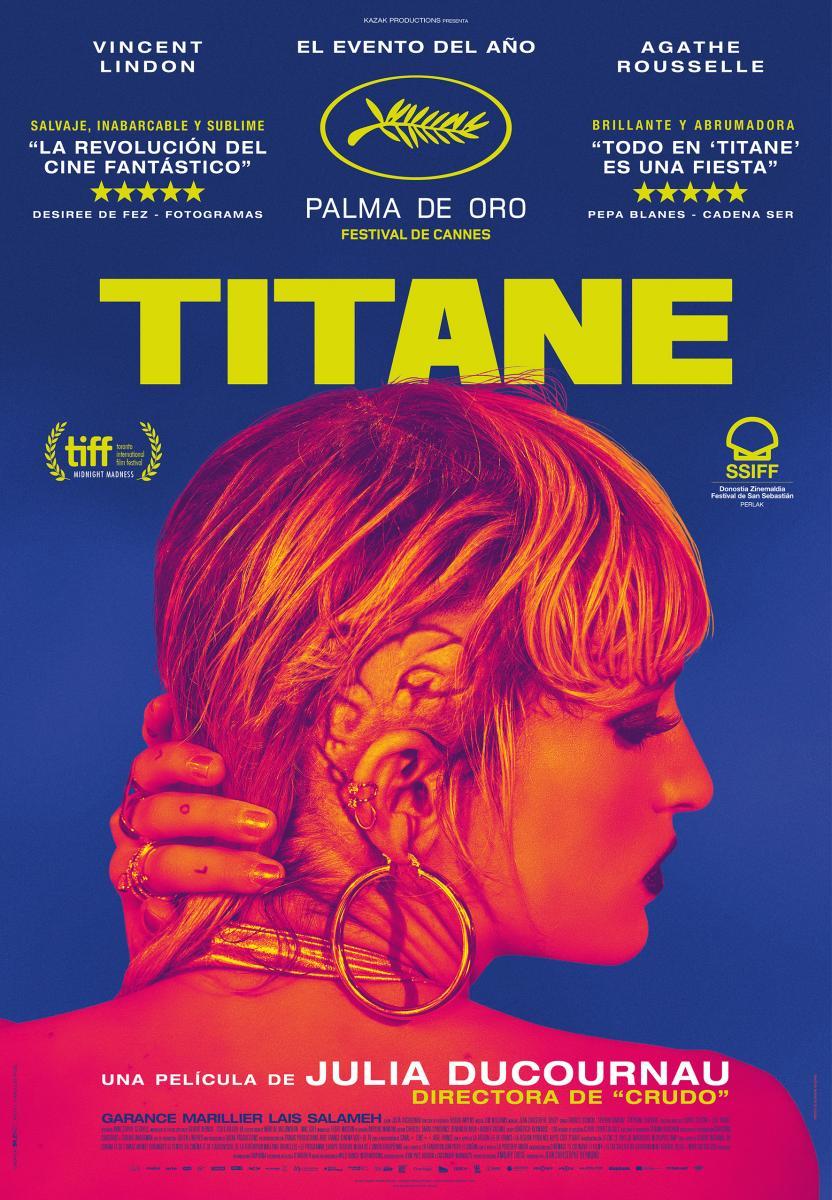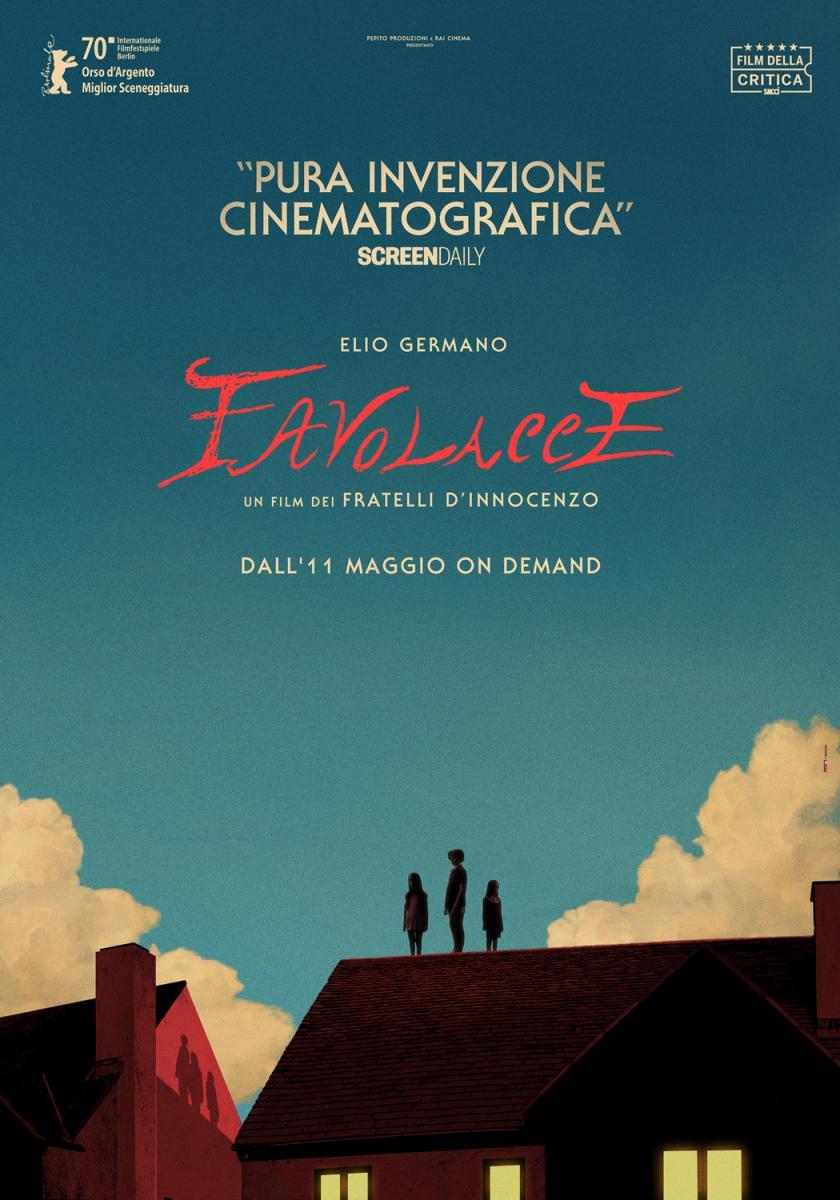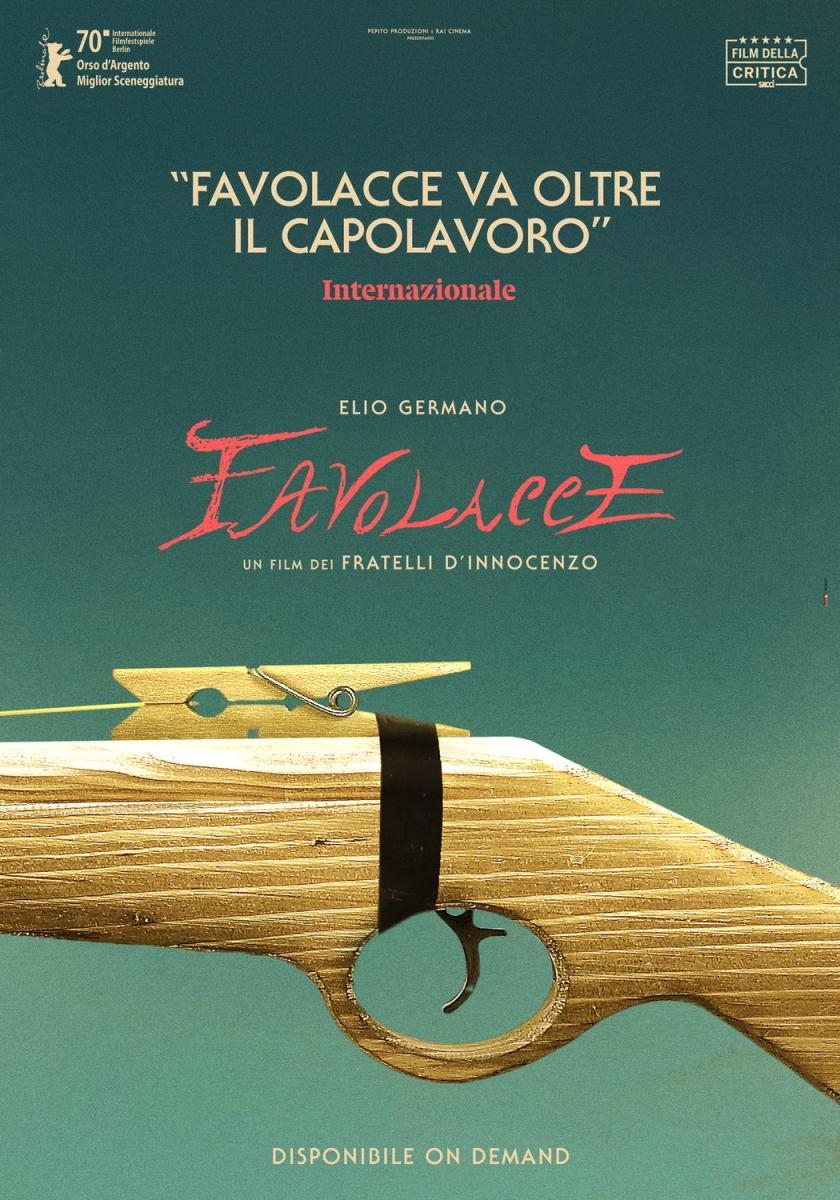spacetime coordinates: an alternate imaginary British Empire – called “The Gravy Islands” and an Imaginary Indo-Pacific called “Boiling Ocean”

So happy friend/audio Jedi master Felix Petrescu (from famous electronica unboxed duo Makunouchi Bento) made me aware that this fabulous podcast by the likes of NZ The Flight of Conchords exists online for free (not for long though if I get it right). Jemaine Clement was the Vladislav to Taika Waititi’s Viago in that amazing vampire movie that all of you must have seen. This podcast made in 2016 is an incredibly funny silly madcap no-limits comedy piece. It is incredibly produced, sound designed, and written. It comes closest to the DE Hörspiel format I am familiar with and I rarely find it in French or EN. That said, please listen to The Mysterious Secrets of Uncle Bertie’s Botanarium with an open ear and an open heart. It is definitely my favorite and one of the best EN podcasts I have ever had the pleasure to listen to.
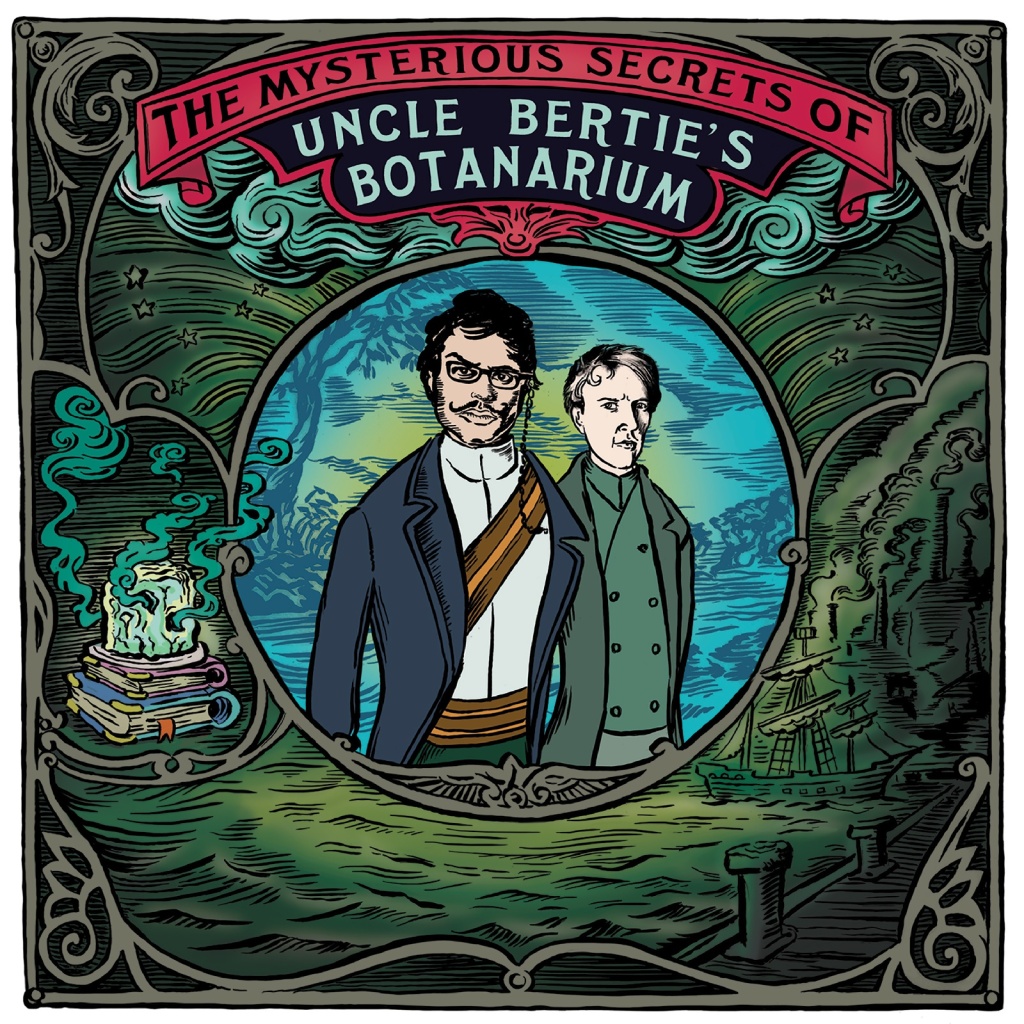
Why? Primarily because it is utterly delightful and full of botanical and natural history nonsense, yet a contemporary bastard of those very real colonial histories – when the search for the so-called ‘green capital’ by botanists and botanical hunters established the fortunes of Britain and ensured that the first pots made it to wet humid interiors of the Imperial Botanical Gardens of Kew. As Londa Schiebinger showed a while ago in the Carribean slave women brewed the ‘peacock flower’ into an abortifacient to ensure that no future children were born into slavery and exploitation. Such local herbal ethnobotanical lore was actively suppressed when the plants themselves got collected and traveled along the Middle Passage into Europe’s nurseries and botanical gardens. They arrived in our garden pots or plots as simple curiosities & ornamentals. That also speaks about why biological capital is still being extracted and privatized as we speak and speculated upon by biotechnological companies under capitalist regimes that grew out of the Ecological Imperialism of previous epochs.
The podcast is basically the quest of Lord Joseph Banks played by Jemaine Clement (based on the famous naturalist Sir Joseph Banks 1743-1820) and his manservant Solander (Lawrence Arabia aka James Milne who also provides the musical soundtrack) in a quest for the infamous Heaven’s Clover (a pun on Heaven’s Tree??). I´t satirizes the way early naturalists sexualized nature and genderized botanical science according to their mores, biases and values.
Botanical science was one of the few places where women were welcomed (but also only according to the Burkean binary beauty/sublime gendering of aesthetics, where women were supposed to be feminine, delicate and interested in delicate, fragile things). Botany was a harbor or research and scientific opportunity for women in a world that was as much patriarchal as it was elitist and classist. A bizarre example of applying sexual categories to classifying and identifying plants is the graphic sexual taxonomy developed by Carl von Linne in the 18th century (the inventor of the binomial classification system of species that is still in use today). Linne basically imagined that plants have penises and vaginas, and was very literal about it. He also used on purpose highly eroticized scientific language in order to recruit a wide net of botanical collectors. Others within the Calvinist redoubts of Edinborough tried to combat such “disgusting strokes of obscenity” (as Martin Kemp writes in a delightful article – Sex and Science in Robert Thornton’s Temple of Flora) in response to the perceived Linnean risky taxonomy. Robert Thornton had tried for example to de-sexualize plants and emphasize the logical and mathematical character of taxonomy that would thus regain the lost innocence of plants and allow women to pursue botany without embarrassment. And this is not a fiction.
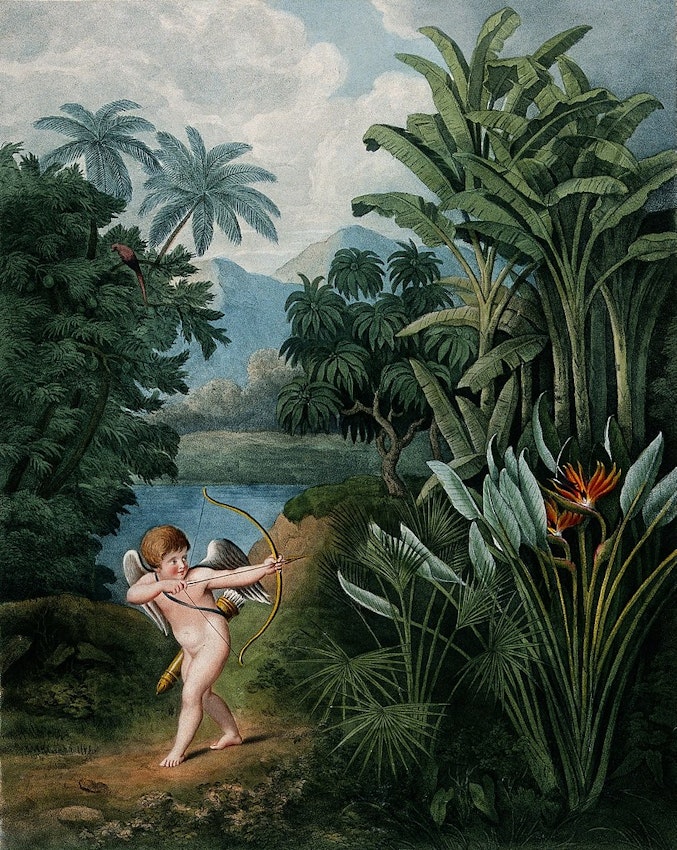
Illustration showing “Cupid Inspiring Plants with Love”, in this case the Strelitzia reginae, or “queen plant”, a plate from Robert Thornton’s Temple of Flora (1807)
Suffice to say the podcast The Mysterious Secrets Of Uncle Bertie’s Botanarium is suffused with such botanical conundrums, unwittingly political, theological and erotic plants, butterfly-insect collecting naturalist manias, picaresque travels and Victorian battles. Railing against hedonistic dangerous pleasures and ‘immoral’ botanical heretics (such as those exhibited Uncle Bertie) is a constant feature of them. They are mad in the best of ways – being a full-range attack on British aristocracy and privilege, its conservative values, its totally ridiculous prejudice, homophobia, misogyny, xenophobia, classism, and racism. They are at the same time poking fun at everything – including scientific rigor – fully indulging in exhibiting an almost Swiftean dimension of describing the habits and orthodoxy of these alternate English snobs – such as milking (back tits of a cat!) cats. There huge amounts of Orientalism – with the visit to Batavia (a pun on actually existing Batavia in the former Dutch East Indies) actually producing a breaking down of crew morale and much botanical perversity. The Anderlugians are the sworn enemies of the Gravy Islanders (both a mixture of Spaniards and Germans? but also some sort of weirdo Communists or Socialists as well).
These podcasts offer something refreshing and cheeky in terms of historical accuracy or literary solemnity. They are both trashy and highly sophisticated, more akin to the exuberance of Douglas Adam’s Hitchkickers Guide Through the Galaxy (or Oceans in this case), completely different from the usual histories and at its best described as a deeply humourous take on the excesses of naturalism and natural history. There is also a lot of speculative botany at work and speculative ethnobotany involved as with a lot of the species collected since the times of Buffon that got endowed with very (Western!) human virtues or vices, serving at times as symbols of modernist artificiality, social decay and bio-matter for theories of degeneration. Even today with the recent legalization battles around Hemp, THC, and CBD health fads we are still in the middle of such fervent and frequent botanical reshuffling.
Thoroughly and utterly delightful!
